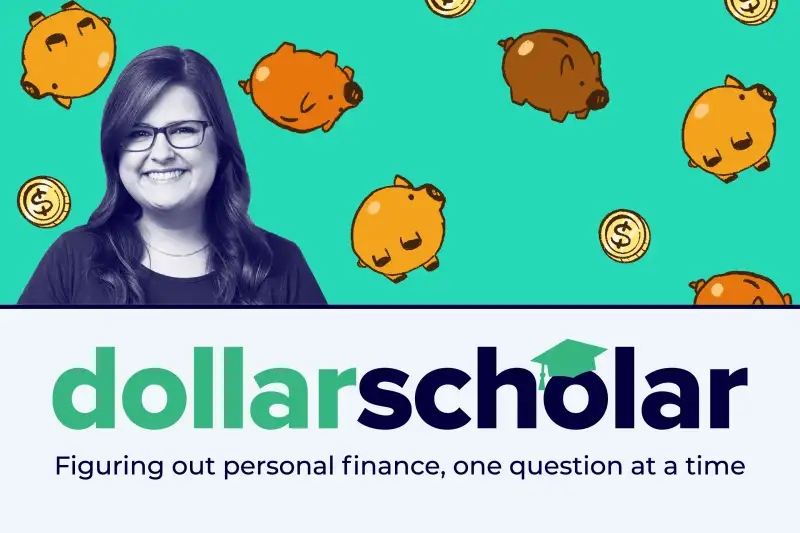Dollar Scholar Asks: Should I Put Some of My Savings Into CDs?

This is an excerpt from Dollar Scholar, the Money newsletter where news editor Julia Glum teaches you the modern money lessons you NEED to know. Don't miss the next issue! Sign up at money.com/subscribe and join our community of 160,000+ Scholars.
If I asked you to guess how many Jonas Brothers CDs are in my bedroom right now, what would you say?
The answer is nine — and here’s the kicker: As much as I’d like to blast “Year 3000” and stage a one-woman air guitar show, it’s not like I have a boombox anymore. My laptop doesn’t even have a slot for CDs. The discs are just for show; it’s Spotify or bust these days.
CDs aren't totally irrelevant, however. Not the type that come with a fold-out poster of a smoldering pop star — but as part of a well-rounded financial strategy.
Can certificates of deposit (CDs) help me save money?
Many experts mention CDs in the same breath as high-yield saving accounts, because they allow people to lock in an interest rate for an agreed-on period of time.
“It is a good product for customers to be able to park money to the side, save and earn interest," says Steve Goodman, managing director and head of product, consumer banking at Chase.
The time element is key: Funds generally need to stay in CD accounts for an agreed-upon period if I want to withdraw them (and any interest earned) without penalty.
CD terms typically range from one month to 10 years. Generally speaking, the longer the term, the higher the interest rate.
At Discover, for example, CDs with three-month terms have a 2% APY. Those with nine-month terms have a 3% APY, and 10-year terms have a 4.1% APY. (Each option requires a minimum deposit of $2,500, but you get the idea.)
“Certificates are ideal once you get in a position, financially, to commit to setting aside a specific amount of funds for a specific amount of time,” says Amber Fielder, senior vice president and chief marketing officer at BluPeak Credit Union. “You can even consider creating what we call a certificate ‘ladder’ where you have a series of certificates maturing at different times throughout the year.”
One of the perks of CDs is that they’re insured up to $250,000 by the FDIC, meaning they’re a pretty safe place to put my cash. This makes them popular: According to the analysts at Crane Data, banks were holding about $133.8 billion in CD accounts as of September.
CDs are different from high-yield savings accounts in a few major ways.
For one, when I open a CD, I’m locking in the APY as of that date — it doesn’t usually fluctuate like high-yield savings rates do. Fielder says I also can’t add more money over time to a CD. Everything is fixed.
But perhaps the biggest difference between high-yield savings accounts and CDs involves withdrawals. With the former, I can take money out whenever I want (and I do, like whenever the JoBros announce a new show). With the latter, though, I’m basically promising to leaving the sum in the CD for the length of my term.
If I want to access that money before the term is up, I might lose some — or all — of the interest I’ve earned.
Because of this, CDs tend to work well for people who have a defined time horizon and goal in mind. So if I have a vacation I know I'm going to take next year or a laptop purchase I'm eyeing in the next three, a CD may be worth considering. However, “if you need really quick, early access to funds and don’t want to lock them up in one particular deposit account, a savings account may make more sense” than a CD, Goodman says.
Ditto if I’m still building my emergency fund, because I don’t know when I’ll need access to that money.
The bottom line
CDs are another method I can use to sock funds away. But they’re tied to a defined time period, and there’s not a ton of wiggle room. The high interest rates can be appealing, but if I’m looking for flexibility, CDs won’t provide it.
That said, they could be a good avenue in the future.
“As you get your financial life in a more solid position and start to accumulate savings beyond what you need day-to-day and for an emergency fund, certificates can be a really valuable option for growing your money safely,” Fielder says.
More from Money:
The Secret to Saving the Perfect Amount of Money Every Time You Get Paid
